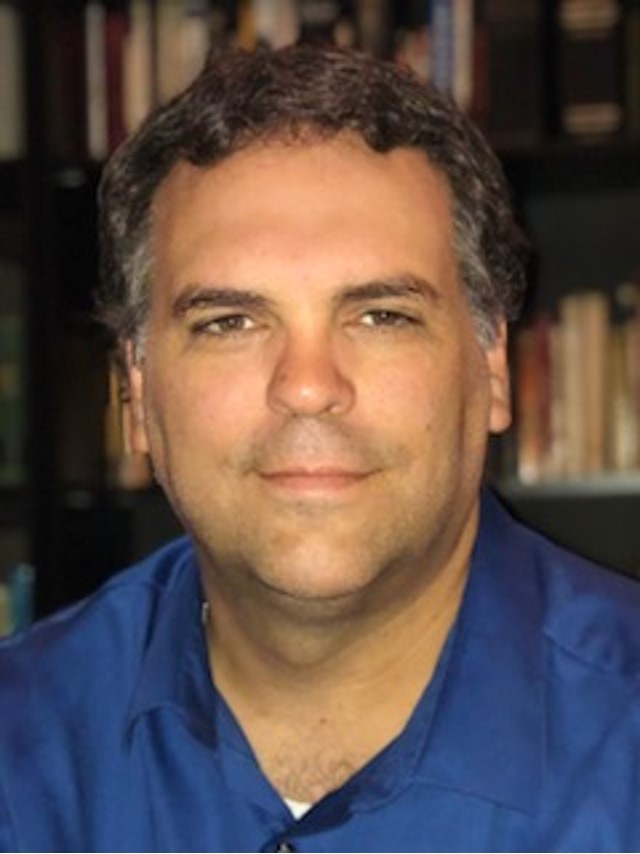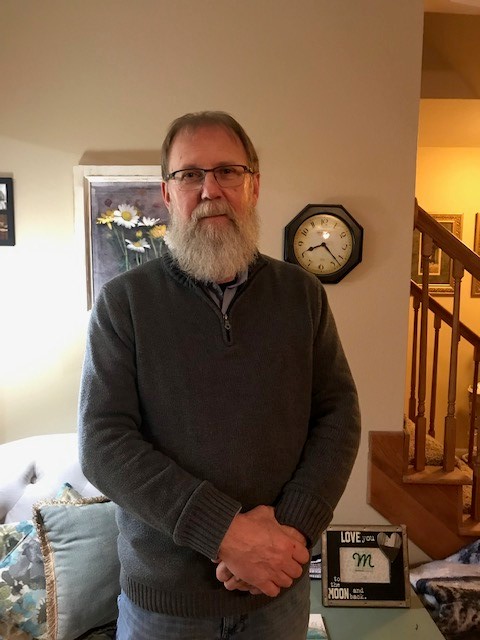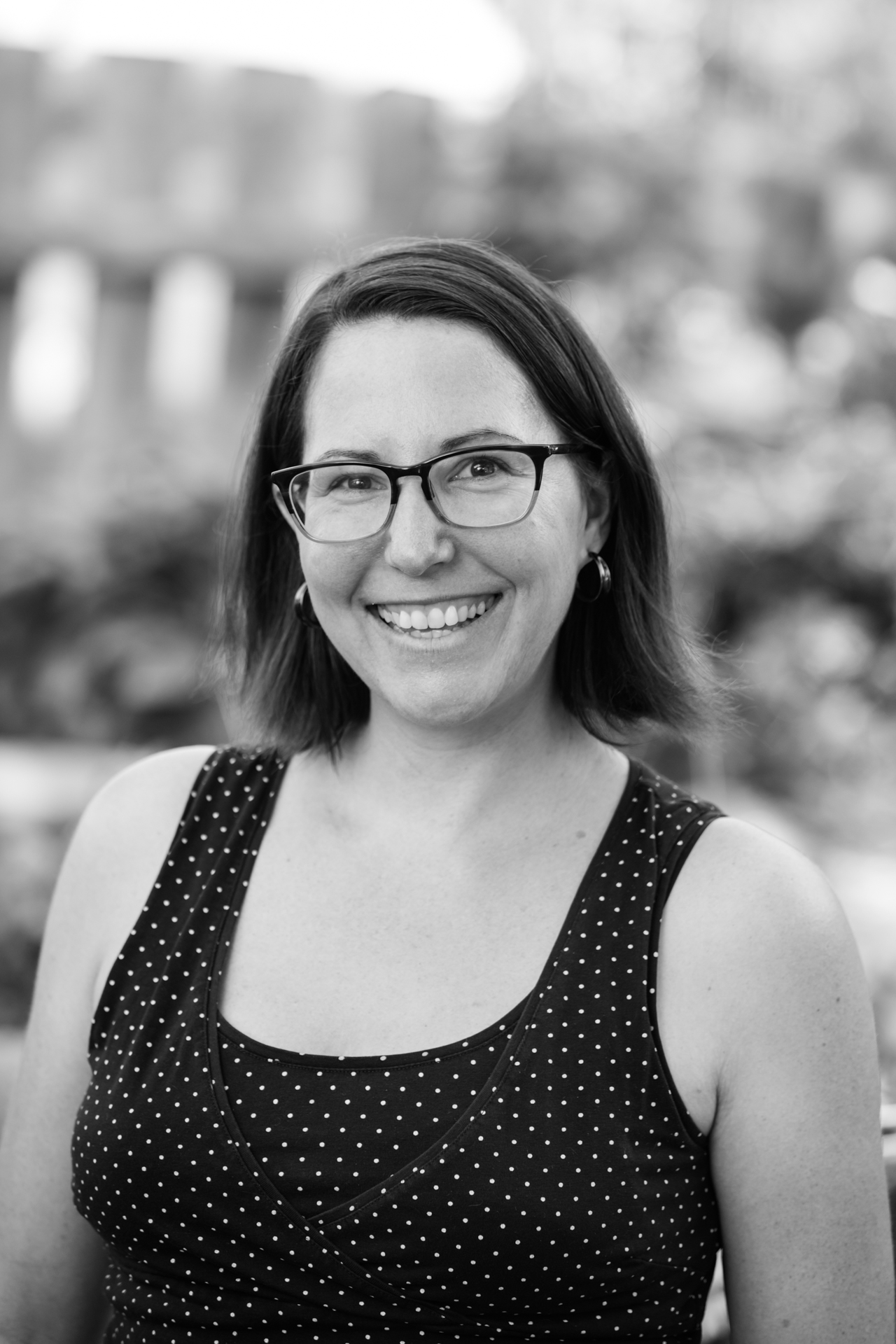Speaker(s):
Mark Moore, MA
Rachel Colwick, MA
Presentation:
This presentation consists of an eclectic, contemporary review of the literature involving vicarious trauma, secondary traumatic stress, and burnout including their implications for professionals working in the mental health field. These constructs will be defined in-depth and opposing views from the present empirical studies will be fully explored as well as outlined. For example, a research study indicated that 60 percent of therapists who noted a personal history of trauma reported significantly more vicarious trauma symptoms (Pearlman and Mac Ian, 1995). Other studies have indicated that approximately 38 percent of social workers experience moderate to high levels of secondary traumatic stress (Cornille and Meyers, 1999; Dalton, 2001). Additionally, Devilly, Wright, & Varker (2009) found that being new to the profession along with beliefs about one’s safety and intimacy with others, which are subscales of vicarious trauma, predicted affective distress. This presentation will further describe the signs and symptoms for the development of these constructs including those professionals who are more at-risk. Case studies or personal stories will be highlighted to better illustrate the aforementioned. Due to counselors, social workers, psychologists, and the like are not the only professionals who are impacted by these entities, special attention will be applied to those in the judiciary system including judges, lawyers, and probation officers, to name a few. Self-care strategies along with protective factors will be discussed and experiential exercises will be utilized during this presentation. Furthermore, organizational components of vicarious trauma will be discussed. Specifically, changes in the organization culture, education, work environment, group support, workload, and supervision will be addressed that could help professionals to mitigate these effects.
Objectives:
- Define vicarious trauma, secondary traumatic stress, and burnout
- Identify the symptoms of traumatic stress and burnout including at risk populations
- Learn and utilize self-care strategies for mental health professionals
- Describe changes in the organizational culture with respect to vicarious trauma
- Discuss these constructs in their application to professionals within the mental health and judiciary system




